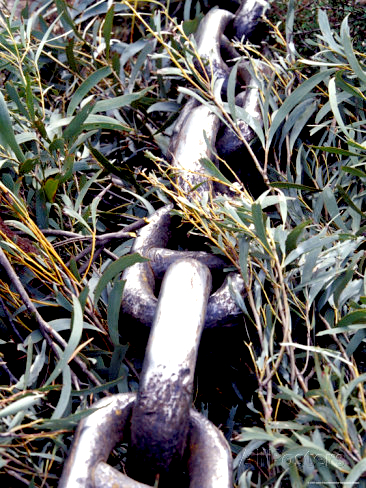Green 'lawfare' denied
 Research suggests major developments are not regularly held up because of legal challenges to environmental approvals.
Research suggests major developments are not regularly held up because of legal challenges to environmental approvals.
The study runs against oft-repeated claims that environmental ‘lawfare’ often holds back big projects.
“It shouldn’t be up to cashed-up activists to be able to hold up particular projects for a decade, simply because they can afford to,” federal resources minister Keith Pitt said in April.
GreenLaw is a research and policy group run by law students at the Australian National University.
The group has conducted an empirical review of public interest litigation in the federal court on environmental matters.
It found that environmental cases have made up a “negligible portion” of the federal court’s workload over the last decade, instead finding “strong evidence that public interest litigants are not abusing court processes to disrupt and delay proponents”.
Former resources minister Matt Canavan said in 2016 that environmentalists use legal “disruption tactics” that “will cause economic damage to our country through lost investment and jobs”.
GreenLaw found 32 cases between 2009 and 2019 that involved the Environment Protection and Biodiversity Conservation Act or the environment minister.
Of that number, 19 went to judgment and 13 were discontinued.
“This amounts to approximately 3.2 public interest cases filed per year, a negligible portion of both the Federal Court’s caseload and the total annual number of decisions made by the Environment Department,” the group said in its submission to an EPBC Act review.
“Our review found strong evidence that public interest litigants are not abusing court processes to disrupt and delay proponents.”
The EPBC Act is under review for the first time in a decade, and the government has indicated a desire to speed up assessment processes.







 Print
Print